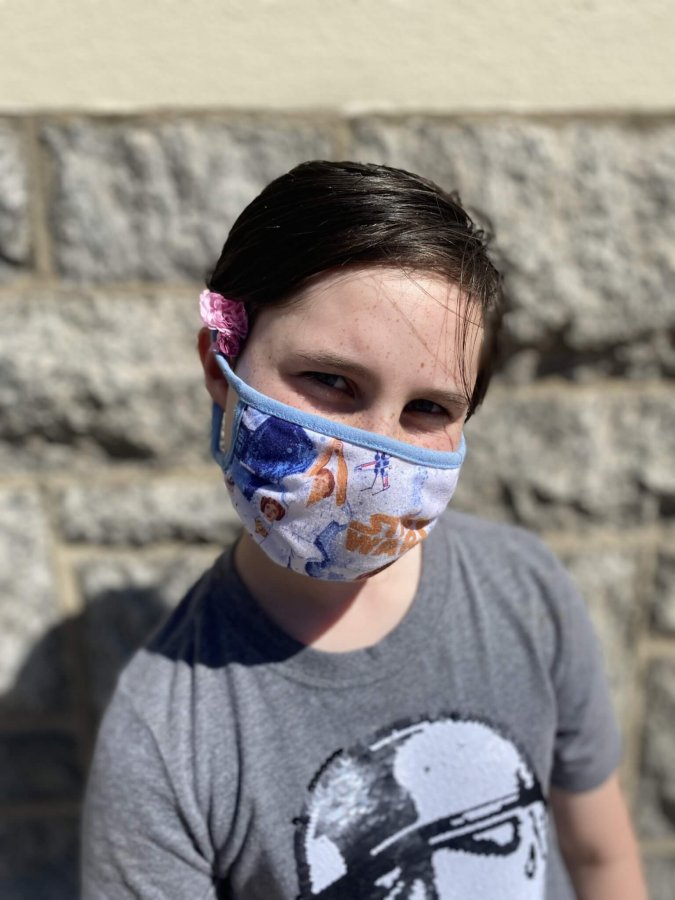
“Every time and every thing has a season and a moment set for it under the sun” (Kohelet 3:1). Chapter 3 of Kohelet (Ecclesiastes) opens with a well-known list of opposites – being born and dying, sewing and tearing, killing and healing etc. The Nitzanim (3rd and 4th graders) brainstormed a list of opposite times in our own lives.
Like “A time for swimming and a time for skiing,” what are some examples of opposites you see in your life?
- A time for playing and a time for working.
- A time for activities and a time for rest.
- A time for quiet and a time for loud.
- A time for crying and a time for laughing.
- A time for moving and a time for stillness.
- A time for religion and a time for science.
- A time for watching and a time for being watched.
- A time for sleeping and a time for waking up.
- A time for sitting and a time for standing.
- A time for Makom and a time for school.

Then we focused on the moment between each of these pairs of times. How do we know when it’s time to stop playing and start working? How do we transition from crying to laughing and back again?
The Garinim (preK and K kiddos) and Shorashim (1st and 2nd graders) both went through a series of activities to zoom in on how we moved from one activity to the next. What did we do to help go through all the transitions between activities?
- Set a timer.
- We did it so quickly I didn’t even notice.
- The next thing was fun.
- You gave us lots of warnings that the transition was coming.
- I had a fidget to use.
- You wrote the schedule of activities out on the board.
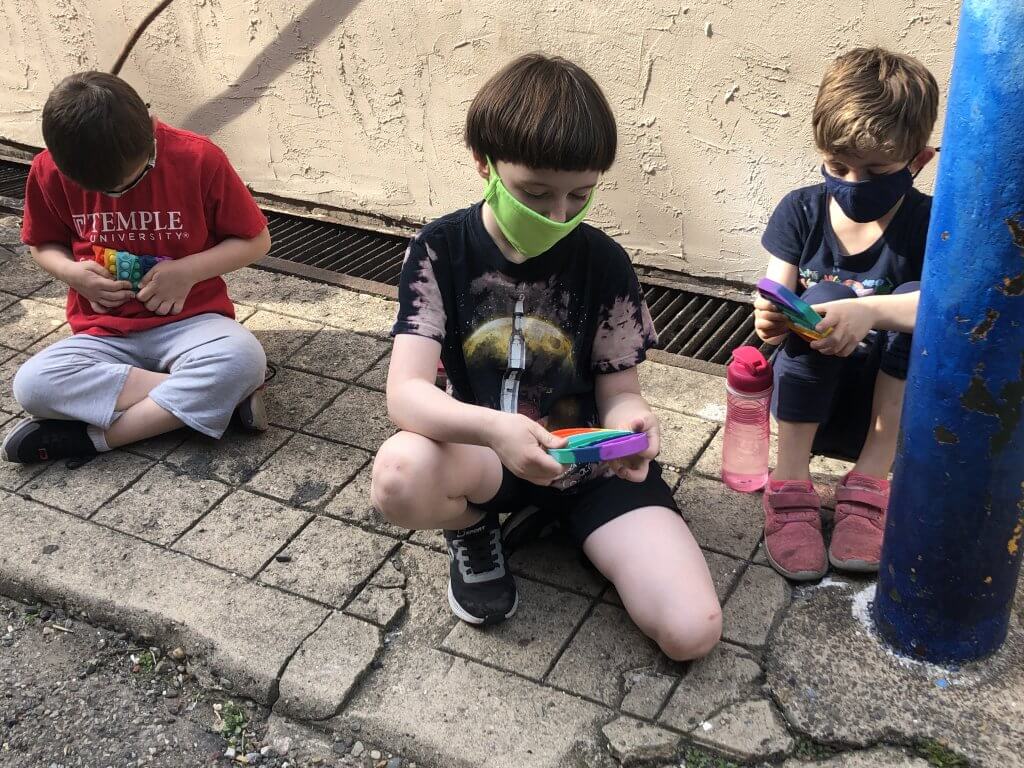
What can be hard about transitioning between two activities or two big moments?
- When I am busy playing.
- It’s not hard, it just happens.
- When I’m reading and I have to pause in the middle or at the beginning of a book. I want to be able to finish.
- If I’m doing something I enjoy and I have to transition to something I don’t want to do.
The Garinim then turned back to the text of Kohelet. We took each item from the list of opposites and evaluated whether we thought it was more of a positive time, a negative time, or a neutral time. Here’s our assessment (some items are in multiple places because there was disagreement):
Positive | Negative | Neutral |
| Being born | Uprooting plants – it’s bad to stop things from growing | Being born – it’s just a thing that happens to everyone |
| Dying | Killing | Dying – also just a thing that happens to everyone |
| Planting – helps the environment, makes things fun | Tearing down – if it’s a place with good things | Healing – it’s just the way things go with enough time |
| Uprooting plants – gives more space for other things to grow | Throwing stones – destruction is bad, it could hurt someone | Crying – everyone cries and for lots of reasons |
| Building up – you could be making places for people to live | Distancing from hugs – if you really love hugs then this is bad | Playing and laughing – just a thing everyone does |
| Healing | Losing | Sadness |
| Tearing down – it it’s an old, ugly place | Throwing away – it’s bad for the environment | Distancing from hugs |
| Playing and laughing | Hating – it’s not nice to hate | Sewing |
| Dancing | War – it happens, but it shouldn’t ever | Ripping – happens all the time by accident |
| Gathering stones | Ripping – if you have to do your work over again, if it was a new thing | Silence – sometimes it’s good to listen but it can be sad to have no one to talk to |
| Hugging/embracing | Speaking – too much noise gives me a headache, but it’s good to speak up when you notice that something is wrong | |
| Throwing away – if you’re getting rid of something bad or dangerous | Loving and hating – these are just more feelings; everyone has all kinds of feelings | |
| Keeping – then you have stuff | ||
| Seeking | ||
| Sewing | ||
| Loving | ||
| Peace |
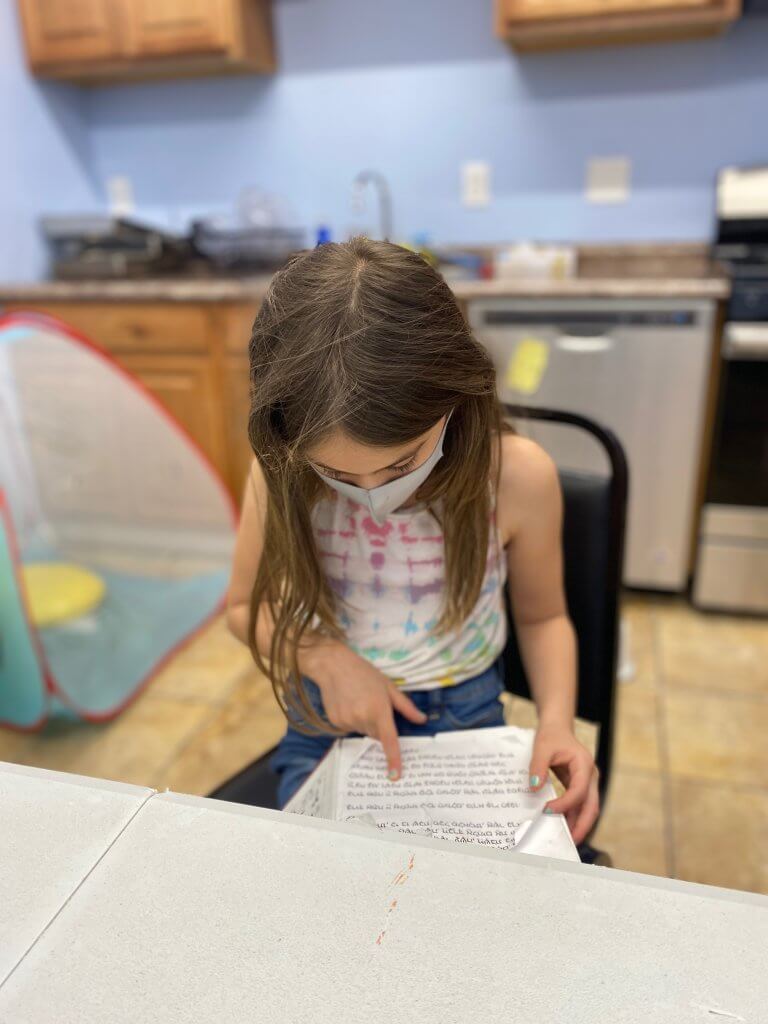
Even the moments that we think are negative, Kohelet argues that there is an appropriate time for them. Some kiddos took serious issue with that idea – is there ever really a time for killing or for war? We tried thinking of all these different times, the good and the bad, as holy.
What does “holy” mean?
- Sacred
- Makes you say “wow”
- Special
- Shows resilience
- Very nice or precious
- Set apart
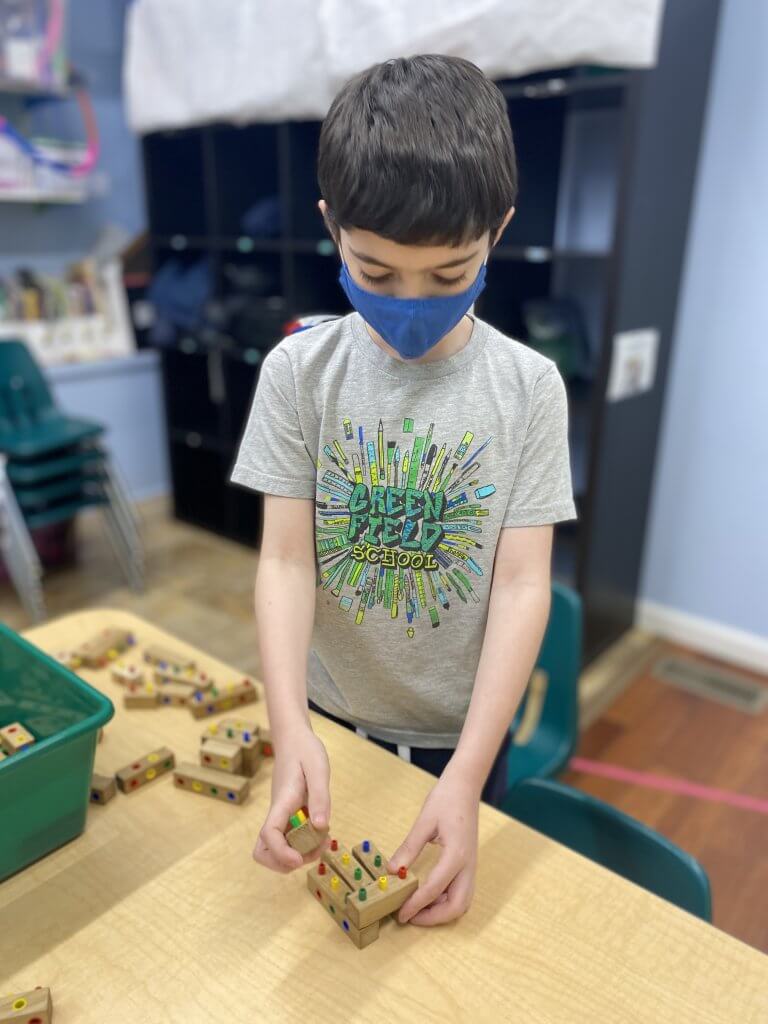
What are some things that you think of as holy?
- Something connected with God
- Really important
- Fragile and really old
- Siddur
- Torah
- face masks
- voice
- books
- Me
- old lamp
- Nevi’im (prophets)
- people
- pets
- Earth
- homes
- water and food
- God
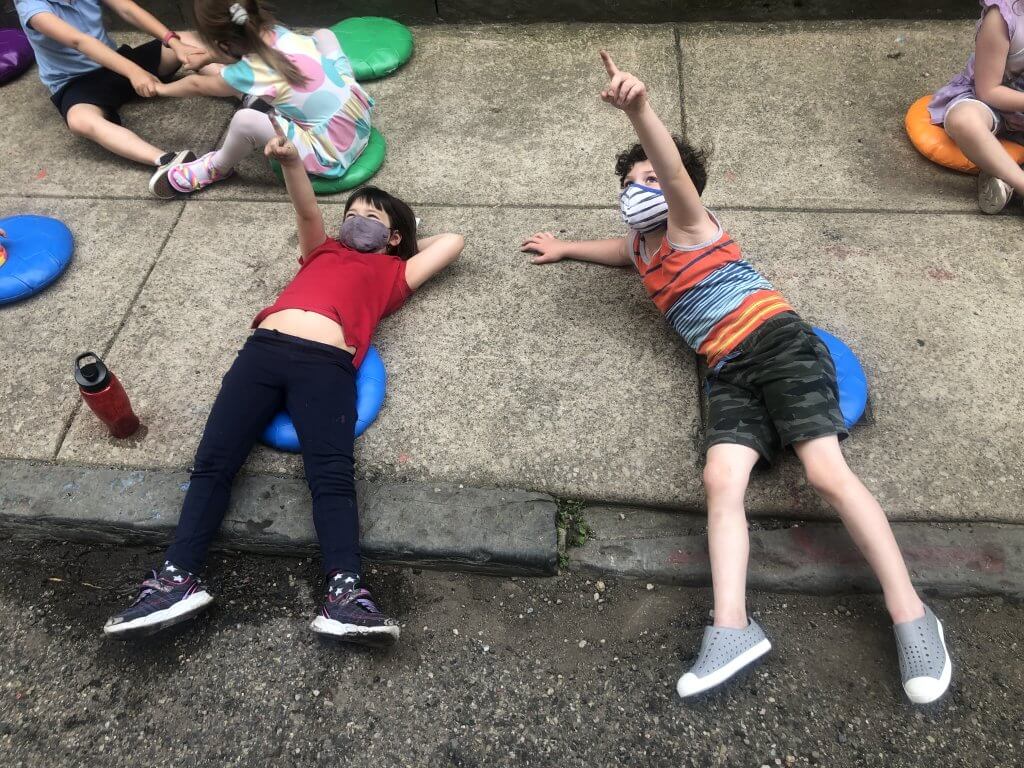
What are some holy moments in your life?
- First time meeting a pet
- Moving houses
- Being born
- Going to my synagogue retreat
- Getting a special present, like my Rubik’s Cube, or a Nintendo Switch
- Solving a Rubik’s cube for the first time
- Getting to a new level in my game
- When my first cast came off
- When my sibling was born
- Going to in-person school again
- Writing my first poem
“Every time and every thing has a season and a moment set for it under the sun.” Maybe there are some moments we experience that we’d rather wish we hadn’t. We hope that in all the moments that come your way, you’re able to find something special, something precious, something holy.
